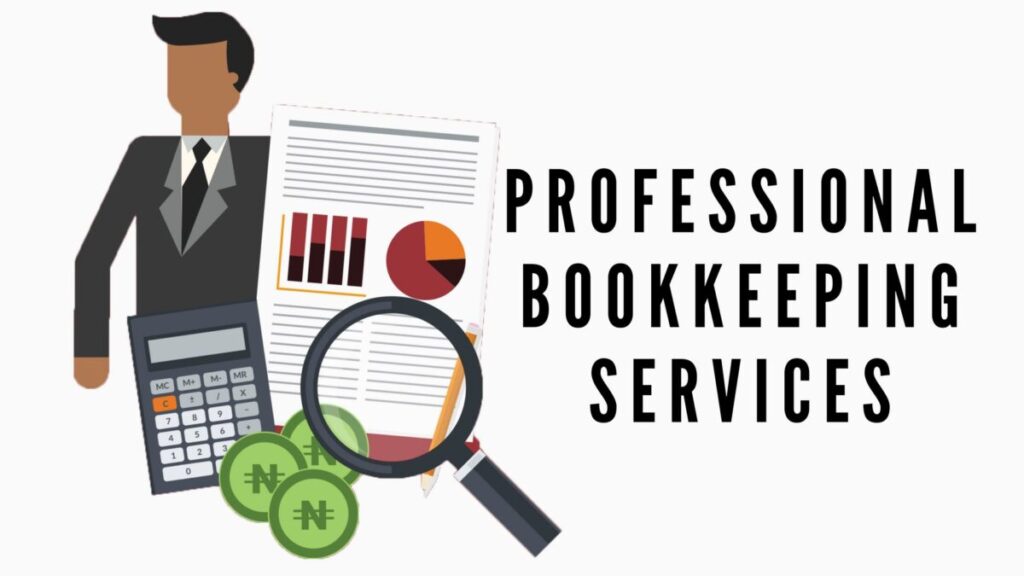

Learn smart financial tips for new businesses. Use expert accounting and bookkeeping services for startups to manage money and grow faster.
Launching a startup is exciting, but without proper financial management, even the best ideas can fail. Many startups struggle with cash flow, taxes, and financial planning—problems that accounting and bookkeeping services for startups can solve.
In this guide, we’ll share essential financial tips every founder should know and explain how Ceptrum expertise in accounting for startups can set your business up for success.

✔ Avoid cash flow crises – Track income and expenses in real-time
✔ Stay tax-compliant – Prevent costly penalties and audits
✔ Secure funding – Investors and lenders require clean financial records
✔ Make smarter decisions – Data-driven insights fuel growth
With the right startup accounting services, you can focus on scaling while experts handle the numbers.
Mistake: Mixing personal and business transactions
Solution: Open a dedicated business bank account and credit card
Pro Tip: Use Xero accounting software or QuickBooks for small business to track expenses automatically.
Need help deciding? Ceptrum’s accounting for startups experts can guide you.
Warning: Even profitable startups fail if they run out of cash.
Did You Know? Startups that outsource accounting grow 30% faster on average.
Managing finances is time-consuming—but it doesn’t have to be Ceptrum offers:
🔹 Customized accounting for startups
🔹 Seamless Xero & QuickBooks integration
🔹 Tax planning and compliance
🔹 Investor-ready financial reporting
👉 Stop struggling with spreadsheets—let Ceptrum handle your startup’s accounting!
Smart financial management separates thriving startups from failed ventures. By following these tips—and leveraging professional startup accounting services—you’ll gain control over your finances and set your business up for long-term success.
1. What’s the best accounting software for startups?
Xero accounting software and QuickBooks for small business are top choices for their ease of use and startup-friendly features.
2. How often should startups review financials?
At least monthly, though fast-growing startups should check weekly.
3. When should a startup hire an accountant?
As soon as you start making transactions—professional accounting for startups prevents costly mistakes.
4. Can startups deduct software costs?
Yes! Tools like Xero and QuickBooks are tax-deductible business expenses.
5. Why outsource bookkeeping vs. hiring in-house?
Small company bookkeeping services like Ceptrum provide expert support at a fraction of the cost of a full-time hire.